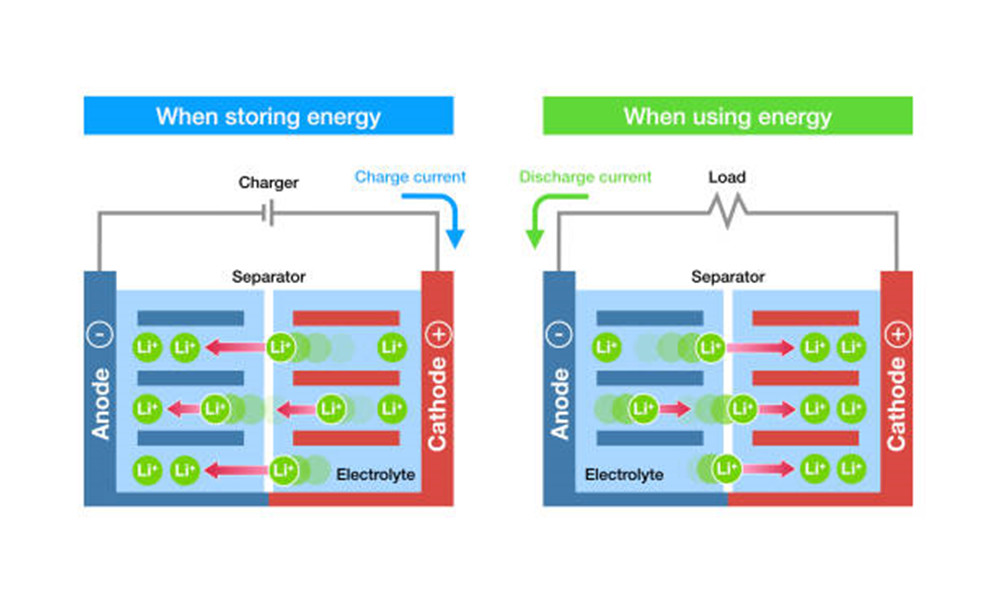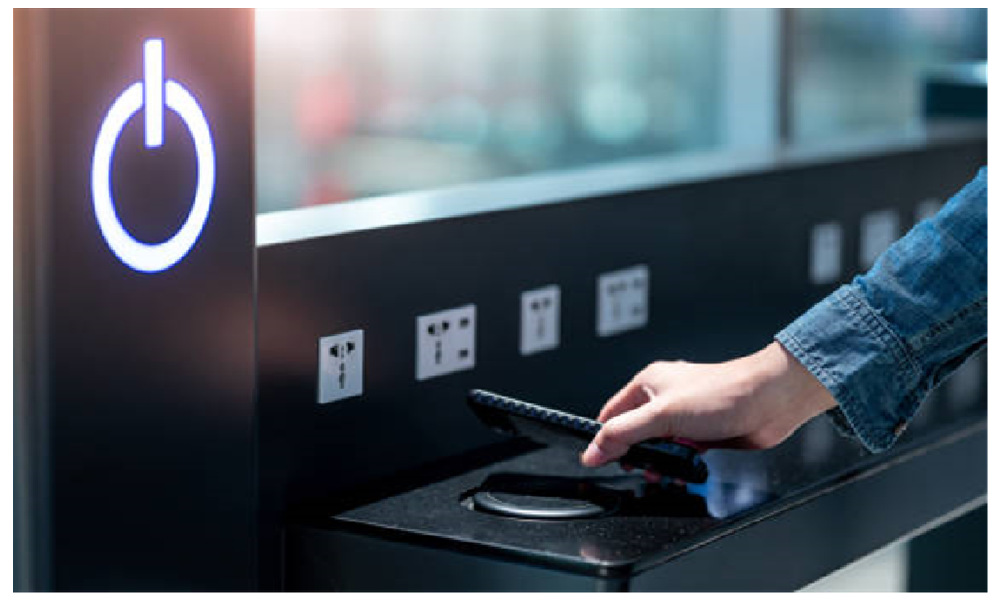Lithium-ion batteries are a type of rechargeable battery that has become increasingly popular in recent years. Especially, lithium-ion batteries are used in millions of devices around the world and show no signs of slowing down.
1. What is the lithium-ion battery?
A lithium-ion battery is a type of rechargeable battery that uses lithium ions as an electrolyte. The most common types of lithium-ion batteries are cylindrical, prismatic, and pouch cells.
Lithium-ion batteries have a higher energy density than other types of rechargeable batteries, making them ideal for use in electronic devices such as laptops, cell phones, and electric vehicles.
Lithium-ion batteries are also relatively lightweight and have a long life span. However, they can be expensive to produce, and they can be damaged if they are overcharged or exposed to extreme temperatures.
2. What is made of lithium-ion batteries?
Lithium-ion batteries are made up of a number of different materials, including lithium metal, carbon, electrolytes, and separator. The lithium metal is used as the anode, or negative electrode, while the carbon is used as the cathode or positive electrode.
The electrolytes help to facilitate the flow of ions between the anode and cathode, allowing the battery to store and release energy. The separator is the physical barrier that keeps the cathode and anode apart.
3. How does a lithium-ion battery work?
When the lithium-ion battery is being used, the lithium ions flow from the negative electrode to the positive electrode, providing power to the device. When the battery is being charged, the process is reversed and the ions flow back to the negative electrode.

4. Advantages and disadvantages of lithium-ion battery
4.1 Advantage:
- Energy density:
Lithium ion batteries, they have a higher energy density, which means that they can store more energy per unit of weight than other types of batteries.
- Self-discharge:
In addition, lithium-ion batteries are less likely to suffer from self-discharge, meaning that they can hold their charge for longer periods of time than other types of batteries.
- Battery life:
For one thing, the battery life of lithium ion battery is much longer. They can last for up to ten years, whereas other batteries may only last a few years.
- Stability:
The stability of lithium ion batteries is an important consideration for anyone using them. One common method is to use a stronger electrolyte solution. This helps to prevent the formation of dendrites, which can cause short circuits and lead to fires.
- Security:
They’re also much safer than other types of batteries, making them perfect for use in devices that could be potentially hazardous if a battery were to leak or catch fire.
4.2 Disadvantage:
- High-temperature resistance:
While lithium-ion batteries are generally safe, there have been some incidents where they have caught fire or exploded.
- Price:
The price of lithium-ion batteries is expected to continue to increase in the future. This is due to the increasing demand for electric vehicles and the limited supply of lithium-ion batteries.
5. Recycling of lithium-ion battery
One way to recycle lithium-ion batteries is to extract the metals from the battery cells and then sell them to metal recyclers. This process is called “urban mining” and it helps to ensure that the valuable metals in the batteries are not lost.
Another way to recycle lithium-ion batteries is to burn them in an incinerator. This process helps to recover some of the energy that was used to create the battery in the first place.
As the industry continues to work on improving lithium-ion batteries as reusable lithium-ion battery technology. The technology will enhance energy storage and minimize battery production costs, carbon footprint, and improved performance.

